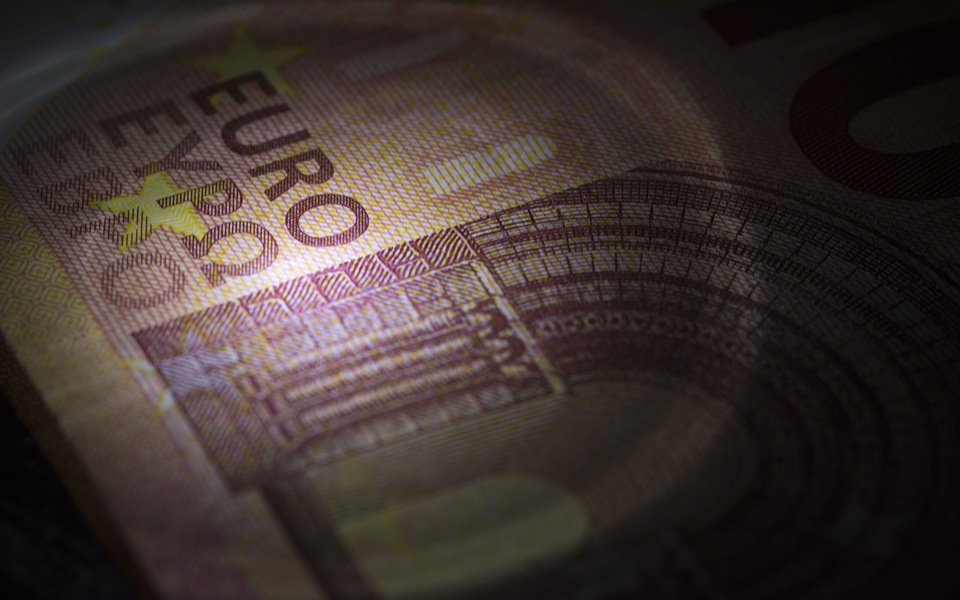VAT takings fall, evasion grows

The Finance Ministry hiked value-added tax rates in the hope of reaping an extra 1 billion euros in revenues per year, but what it got was less than half of that – and an explosion in the phenomenon of tax evasion.
A European Commission report showed that the VAT rate increases in 2015 and 2016 have resulted in tax evasion growing by almost 600 million euros per year: This was during a period when the top rate was raised from 23 to 24 percent, numerous commodities were moved from the 13 percent bracket to the 24 percent group, and the reduced VAT regime on the Aegean islands was abolished.
The report revealed that the VAT deficit (i.e. the difference between expected and actual revenues from value-added tax) amounted to 5.9 billion euros in 2016, despite the extensive use of credit and debit cards brought about by the capital controls. This was up from 5.35 billion euros in 2015 and 4.6 billion in 2014.
In the context of the European Union’s decreasing VAT deficit, which in 2016 amounted to 147.1 billion euros, Greece ranked second among EU member-states in terms of VAT revenue losses, behind Romania. The report stresses that while there are some signs of improvement in VAT collections in Greece, the lost revenues remain at a particularly high level.
Greek budget statistics for the last few years show that despite the VAT rate hikes, collections from this source of revenues have been in decline since 2011: That year VAT revenues came to 15 billion euros and they have continued to shrink every year since, amounting to 14.3 billion euros in 2015. Worse still, the figures show that, for now at least, the documented growth in tourism arrivals and receipts does not appear to be offsetting the revenue losses from tax evasion, while the recent rate hikes have clearly not helped.
European Commissioner for Economic Affairs Pierre Moscovici stated that the figure of almost 150 billion euros in lost VAT revenues across the bloc is unacceptable, especially, as he said, when some 50 billion euros of that may be ending up in the pockets of criminals, crooks and possibly terrorists.





